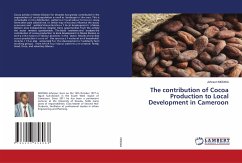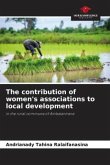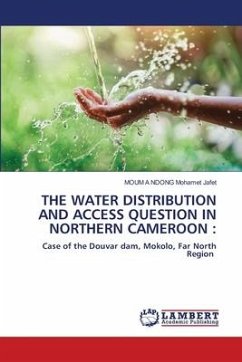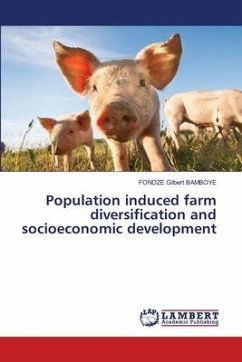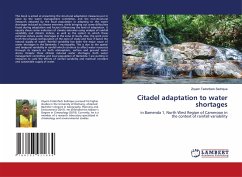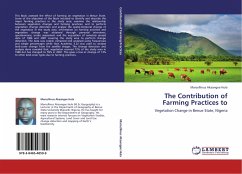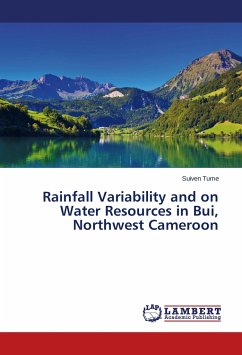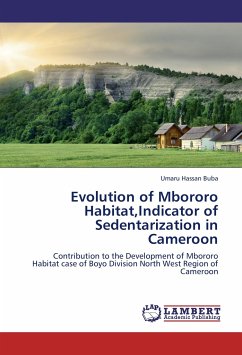Cocoa activity in Meme Division for decades has greatly contributed in the organisation of rural population as well as landscape in the area. This is remarkable in the distribution patterns of local labour forces on cocoa farms after post colonial era. In similar way it has also influence the social, economic and political characteristics of local development in Meme Division since independence. Despite many opportunities from the activity the sector remains questionable. The book examines and analyses the contribution of cocoa production to local development in Meme Division as well as the nature of labour practices in the sector. Results show that cocoa production is one of the sources of national and households' income. It has also accounted for the development of solidarity farm working groups. From which four labour patterns are created: family, hired, force, and voluntary labours.
Bitte wählen Sie Ihr Anliegen aus.
Rechnungen
Retourenschein anfordern
Bestellstatus
Storno

